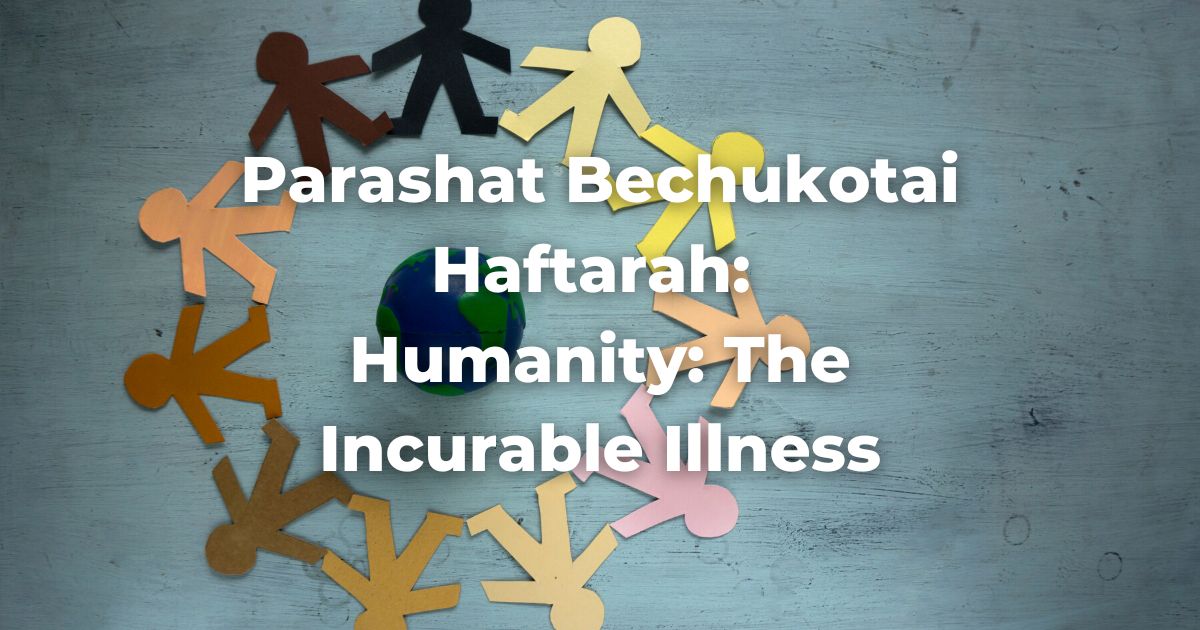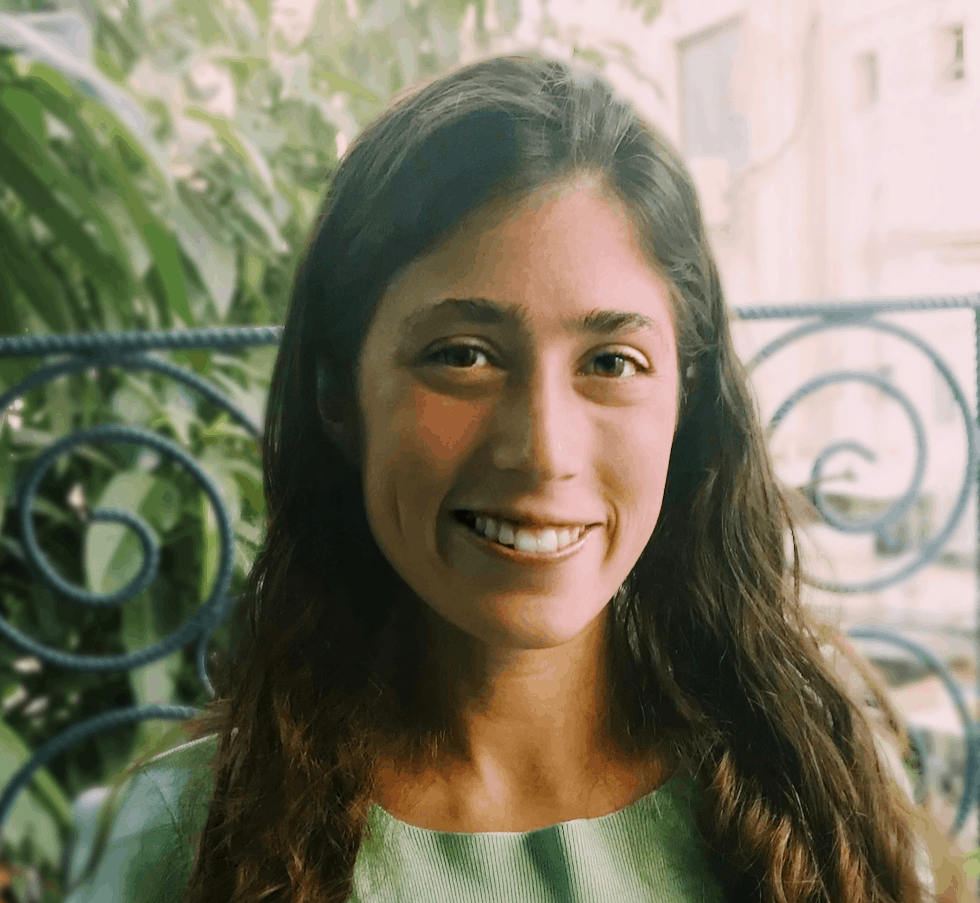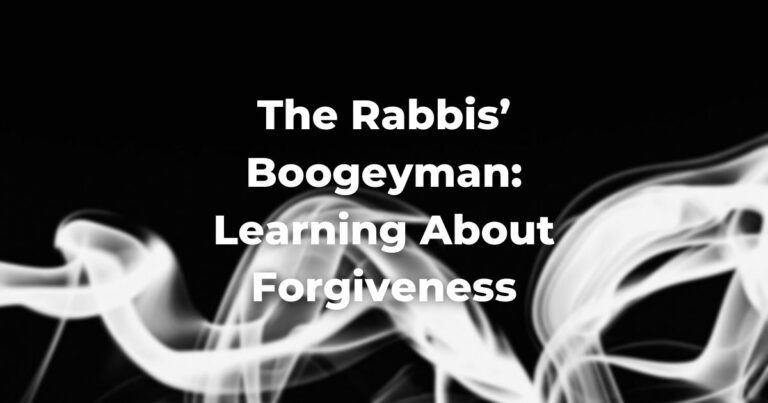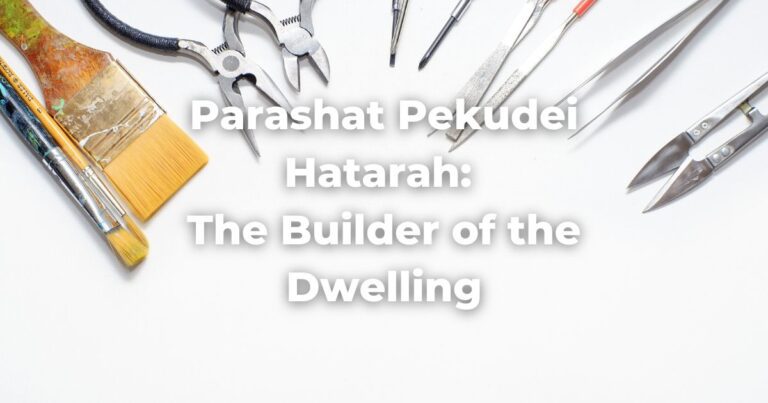The God of the Tanakh is not human.
God and humanity
The God of the TanakhAn acronym for the name of the Hebrew Bible: Torah, Neviim, and Ketuvim. Read more can hardly be comprehended by humans. Our haftarah portion makes this starkly clear: cursed is the man who trusts in humanity, blessed is the man who trusts in God. So what’s so wrong with trusting in humanity?
Jeremiah 17:9, as translated by Robert Alter, reads: “More crooked the heart than all things, it is grievously ill and who can fathom it?”
It’s a difficult verse to translate and even harder to understand.
It begins with the word עקב, from that same root meaning heel/deceive/ supplant that we can follow the footprints of through Genesis. It first appears in God’s cursing of the snake in the Garden of Eden—humans will bruise the heads of snakes and snakes will bruise the heels of humans.
It next appears as the root of the name of Jacob, the founder of our people. Jacob grasps the heel of his brother, deceives his father, and supplants his brother. The word connotes the hidden and the unpleasant, the seedy unseen. In our verse, we are directly juxtaposing this sneaky heel with the heart. The innermost body part is being compared to a foot.
The wordplay continues with the word אנש.
Alter translated it above as “grievously ill.” It’s a word that appears occasionally in Jeremiah with this meaning of incurable illness. However, if the root were vocalized differently, meaning if we read the same root letters with different vowel sounds, the meaning of the word would be “humanity.”
This is in fact how the Septuagint and the Peshitta, early translations of the Tanakh, choose to understand the word.
What does this tell us?
Of course, we do not have to choose one meaning over the other. When we read אנש as a pun, pointing both toward “incurable” and “humanity,” the meaning of this phrase becomes that being human is an incurable illness.
The verse ends with the phrase, “who can know it?” but it is unclear what the “it” refers to.
Are we talking about our deceitful hearts, twisting and turning like feet, or the sickness that is the human condition?
Perhaps, the verse invites us into a joke—who can know whether the verse is referring to humanity or incurable illness, deception or heels. Perhaps, we, as invalids stricken with the condition of being human, are invited to throw up our hands and laugh at the impossibility of discerning our own natures.
The next verse comes to our rescue—God can understand us even when we cannot understand ourselves. In the meanwhile, we can put our trust in God and laugh at ourselves.
See more: Parashat Bechukotai
Originally posted as part of the Conservative Yeshiva at the Fuchsberg Jerusalem Center’s Torah Sparks. Support TorahRefers to the first five books of the Hebrew Bible, the Tanakh, also called the Five Books of Moses, Pentateuch or the Hebrew equivalent, Humash. This is also called the Written Torah. The term may also refer to teachings that expound on Jewish tradition. Read more learning from the Fuchsberg Jerusalem Center/Conservative Yeshiva for leaders and seekers around the world here.
Authors
-

Bex Stern Rosenblatt is the Conservative Yeshiva’s Faculty-in-Residence for the Mid-Atlantic Region of the United States, teaching Tanach, using the techniques of close-reading, theater, feminist readings, and traditional commentators. Bex also directs the CY’s recruitment efforts in North America. After finishing her B.A. in History and German at Williams College, Bex received a Fulbright Grant to Austria. She later earned an M.A. in Tanakh from Bar Ilan University and has also studied at the Conservative Yeshiva and Bina Jerusalem. Bex is the founder of HavrutaA study partner. A hevruta is more than just a ‘study buddy’ it is a serious and personal relationship between colleagues. Also spelled: Havruta Read more Tel Aviv, an organization that facilitates guided pair-learning of the Tanakh.
View all posts -



The Fuchsberg Jerusalem Center (FJC) is a home in the heart of Jerusalem where leaders and seekers can find an authentic place in Jewish tradition to call their own. FJC offers opportunities to study, pray and explore within an egalitarian and inclusive setting, creating multiple pathways for finding personal and communal meaning.
View all posts






